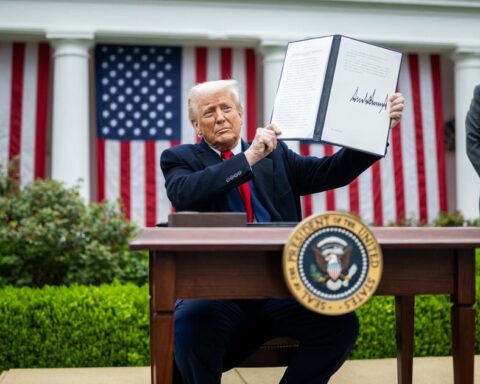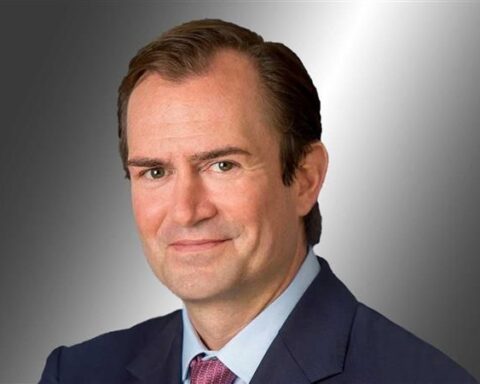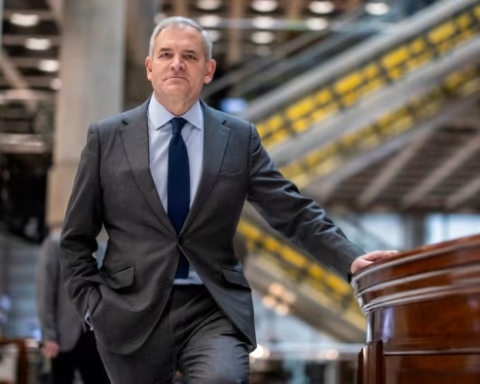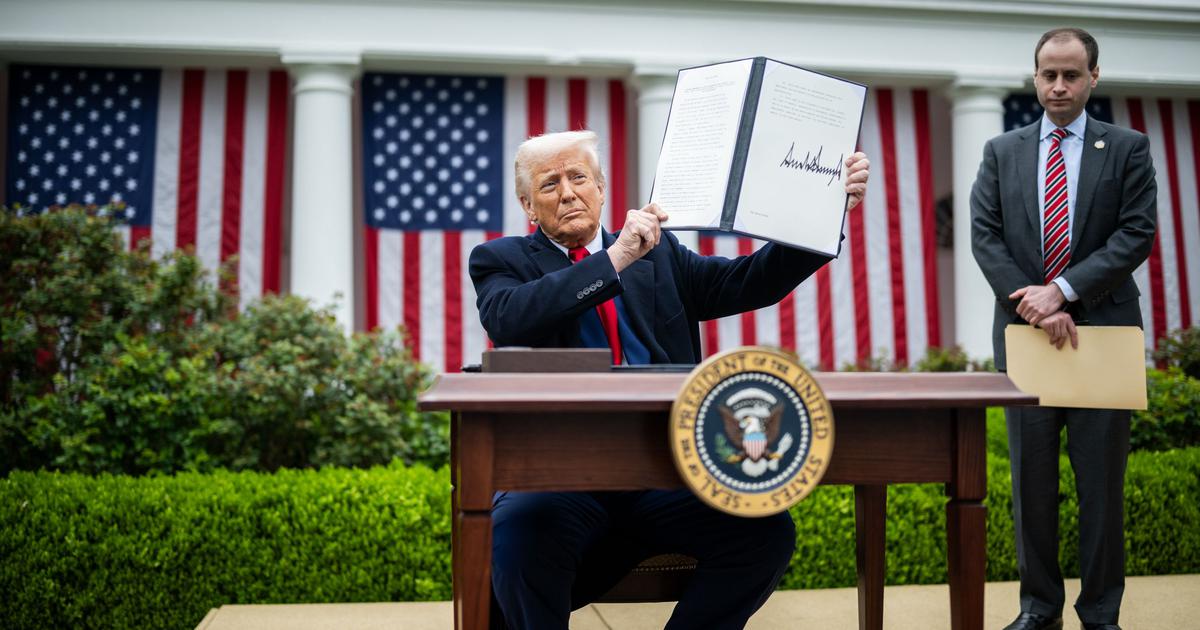ANZ Bank has officially announced that its incoming Chief Executive Officer, Nuno Matos, will take over the role on May 8, 2025—61 days earlier than previously scheduled. The leadership shift comes as the bank faces increased regulatory pressure and seeks to demonstrate agility and accountability at the highest levels.

Outgoing CEO Shayne Elliott will remain at the helm to present the bank’s first-half results, after which he will step down on May 11. However, he will continue in a transitional advisory capacity until September 30 to ensure a smooth and strategic handover. In addition to this leadership change, Alison Gerry has been appointed to the bank’s board of directors, replacing long-serving member Jane Halton.
These changes are taking place against a backdrop of intensified scrutiny from key Australian regulators. Both the Australian Prudential Regulation Authority (APRA) and the Australian Securities and Investments Commission (ASIC) have taken a closer look at ANZ’s operations following concerns raised in recent years. A comprehensive internal review of the bank’s markets business is currently underway, following a 2023 controversy involving allegations of market manipulation in a $14 billion government bond deal. As a result, APRA has already imposed a $750 million capital penalty on the bank.
The results of this independent review, conducted with external oversight, are expected to be released prior to the bank’s first-half financial disclosure. These findings may play a pivotal role in shaping the future of ANZ’s operations and regulatory standing.
Nuno Matos enters the role with a robust international track record in the banking sector and is expected to lead the institution through this critical chapter. His appointment and the accelerated timeline reflect the bank’s strategic urgency to address ongoing challenges and position itself for sustainable, forward-looking growth.
This proactive shift in leadership reinforces the importance of strong governance and transparency in today’s high-stakes financial environment—where CEOs are expected not only to manage risk but to rebuild trust.















